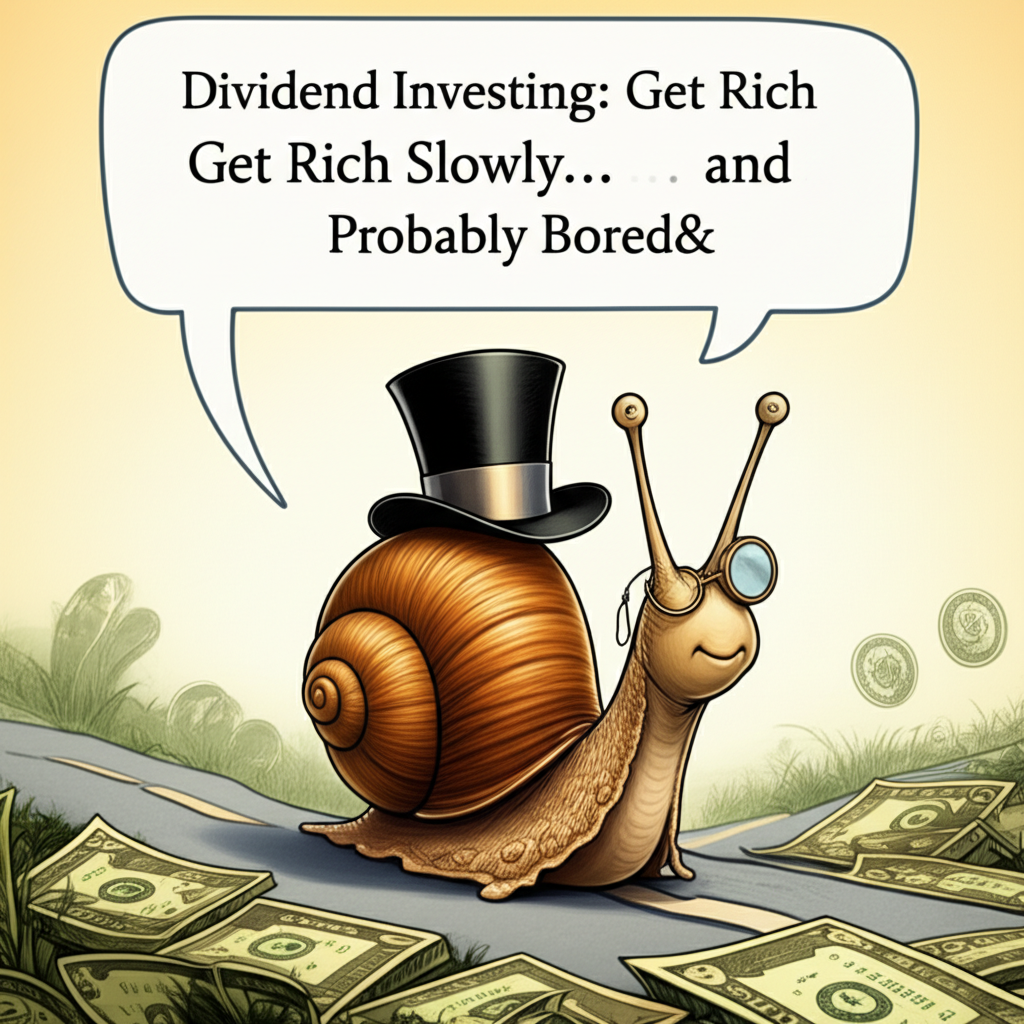
Article 1: The Heavy Burden of Capital Gains: A Billionaire’s Lament
By Sir Reginald "Richie" McWealthington III, Op-Ed Contributor & Benefactor of Many Tax Havens
Oh, the humanity! Or, rather, the inhumanity of it all. As I sip my single-origin, artisanal, ethically-sourced (from my own private island) coffee this morning, my brow furrows with the weight of… well, wealth. Specifically, the soul-crushing burden of capital gains.
You see, while the common folk fret over paltry things like "income tax" on their "paychecks" (quaint, really), we, the titans of industry, the visionaries of venture capital, face a far more exquisite form of financial anguish: the tax levied on our genius in buying low and selling high.
For the uninitiated, a capital gain is simply the profit you make when you sell an asset – be it a stock, a piece of real estate, a vintage stamp collection, or that obscure NFT of a pixelated rock – for more than you paid for it. Sounds simple, right? Wrong. It’s a minefield of existential dread and complex calculations.
Take, for instance, the short-term capital gain. This is when you, in a moment of sheer brilliance (or perhaps just a lucky guess), hold onto an asset for less than a year and then offload it for a tidy profit. The horror! The government then comes along and taxes this lightning-fast display of acumen at your ordinary income tax rate. Imagine! Being penalized for being too efficient! It’s like being forced to pay a "speeding ticket" for your money, even though it was merely trying to reach its full potential.
Then there’s the long-term capital gain. Ah, the gilded cage of patience! Here, you’ve endured the excruciating wait of holding onto an asset for more than a year. A whole 366 days of not touching your potentially skyrocketing investment! The self-discipline required is simply Herculean. Your reward? A slightly lower tax rate. But still, a tax! On money you’ve already risked! It’s like the government saying, "Well done for not being too greedy, but we still want a slice of your stoicism."
The real tragedy, however, lies in the unrealized capital gain. This is the cruelest joke of all. You see your portfolio inflating, your yacht collection growing (hypothetically, of course), your private island expanding. You know you’re richer, but until you sell, it’s all just… potential. A cruel mirage of wealth that the taxman can’t touch. Yet. The anxiety of deciding when to cash out, when to transform that theoretical fortune into a concrete, taxable reality, is enough to send a lesser mortal to a common therapist (whereas we have our financial advisors, who double as emotional support gurus).
Some suggest that capital gains taxes are "fair," that they contribute to society. But I ask you, what greater contribution is there than the tireless pursuit of wealth, which then, eventually, trickles down in the form of… well, it’s still trickling. Give it time. It’s a very slow trickle.
So, next time you hear a billionaire lamenting about their tax bill, spare a thought for the sheer mental fortitude required to navigate the treacherous waters of capital gains. It’s not just about getting richer; it’s about the process of getting richer, and the subsequent, albeit slightly reduced, enjoyment of that richness. Now, if you’ll excuse me, I believe my art advisor just found a Rembrandt at a garage sale, and I need to prepare for the inevitable, delicious agony of a future gain.
Article 2: Capital Gains: The Alchemist’s Secret to Turning Nothing into ‘More Nothing, but Taxable!’
By Professor Finn E. Ancial, Dept. of Theoretical Economics & Applied Mysticism, University of Perpetual Motion
Welcome, aspiring financial alchemists, to today’s lecture on the most enigmatic and seemingly magical concept in personal finance: Capital Gains! Forget the prosaic notion of earning a salary for actual work; capital gains are where your money (or, more accurately, your assets) does the heavy lifting, then demands a trophy for its efforts.
At its core, a capital gain is the joyous little surprise you get when you sell something you own for more than you originally paid. Think of it like finding a vintage comic book in your attic, selling it for a fortune, and then the taxman appearing from behind the sofa to say, "Nice find, pal! I’ll take a piece of that unexpected gold."
Now, for the truly fascinating part: not all capital gains are created equal. We have the dynamic duo:
-
The Short-Term Sprint: This is for the impatient among us, the adrenaline junkies of the investment world. You buy a stock, a cryptocurrency, or perhaps a limited-edition artisanal cheese wheel, hold it for less than 365 days, and then flip it for a profit. Poof! A short-term capital gain! The government, ever the killjoy, then taxes this quick cash infusion at your regular income tax rate. It’s like winning a sprint race, only to find the prize money is just your regular salary, but with extra paperwork.
-
The Long-Term Marathon: Ah, the patient philosopher’s path! You buy that same asset, but you sit on it. You watch it grow. You meditate on its potential. You hold it for over a year, exhibiting the kind of stoicism usually reserved for monks or people stuck in long airport queues. When you finally sell, your reward isn’t just a bigger profit, but a lower tax rate! It’s the financial equivalent of being told, "Well done for not being impulsively greedy! Have a discount!"
The real magic, however, lies in the type of assets that can conjure these gains. We’re not talking about your hourly wage here. We’re talking about the truly glamorous stuff:
- Stocks: Little pieces of company ownership that go "up." Sometimes.
- Real Estate: That house you bought that suddenly became a "desirable location" because a coffee shop opened nearby.
- Collectibles: Everything from rare coins to Beanie Babies (well, maybe not Beanie Babies anymore).
- Digital Currencies: The ethereal money of the internet, which often behaves like a hyperactive squirrel on a roller coaster.
And then there are the advanced spells! Ever heard of a 1031 Exchange? It’s not a secret handshake, but it might as well be. This allows real estate investors to defer capital gains taxes when they sell one property and immediately reinvest the proceeds into a "like-kind" property. It’s basically financial musical chairs, where the music never stops, and the taxman can’t catch you.
In essence, capital gains are the universe’s way of rewarding those who play the long game (or the very short, very lucky game) with their existing wealth, rather than their daily toil. While the rest of us are busy trading our time for money, the capital gainer is trading money for more money, often at a preferential tax rate. It’s the ultimate financial alchemy: turning passive ownership into taxable gold, without ever breaking a sweat.
So, next time you hear about someone making millions from "the market," remember it’s not just luck. It’s the strategic deployment of assets, a dash of patience (or impatience), and the magical, mystical concept of capital gains, ensuring that even when you make a killing, the government still gets its cut of the spell. Just don’t ask them to explain "basis." That’s a lecture for another, much more confusing, day.


Post Comment